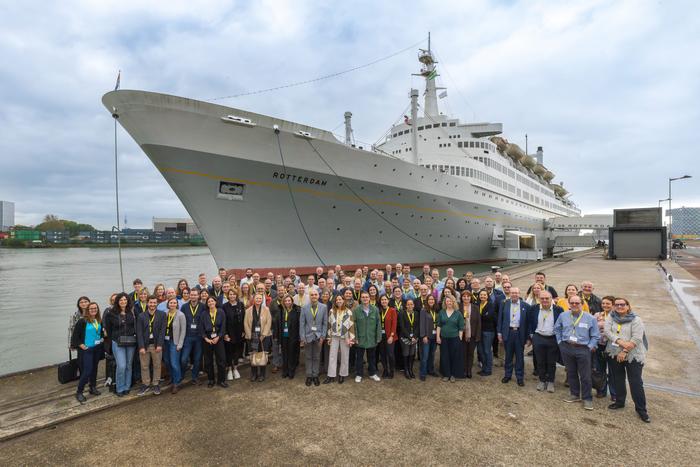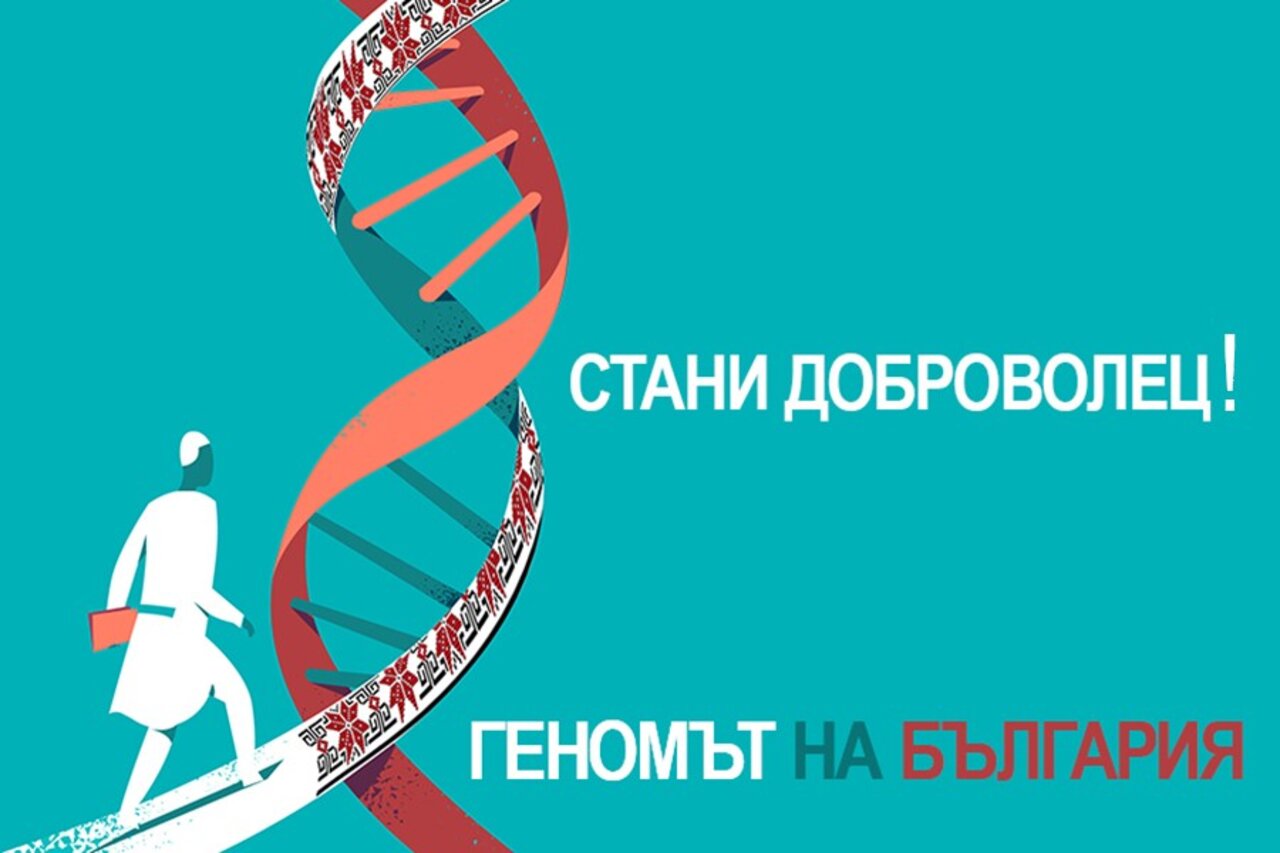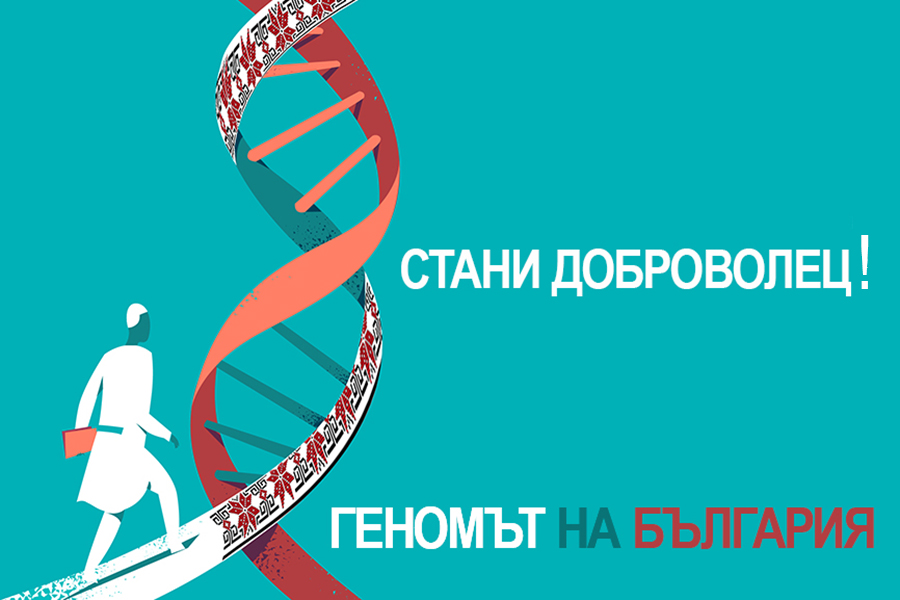- Home /
- News /
- Genome of Europe

Decoding nations: the EU’s largest genome project Genome of Europe launched
· The GoE project was initiated in response to the rapidly growing use of genetic data in research and clinical applications, and the lack of a whole genome sequence (WGS) reference dataset for Europe.
· The project brings together the ambitions of the 1+MG initiative, the legal and technical framework developed by the GDI (Genomic Data Infrastructure) and genomic data providers to deliver a resourceful database for research and future clinical applications.
· The Genome of Europe (GoE) kick-off meeting took place on 30—31 October in Rotterdam, the Netherlands.
27 countries join forces to establish a unique pan-European reference database comprising of a minimum of 100,000 genomes representative of European citizens.
The most extensive EU-funded programme on population genomics to date, “Genome of Europe” (GoE), was officially launched by bringing more than 100 researchers and experts from 74 institutions across 34 countries together in Rotterdam, the Netherlands on 30—31 October. During the next 42 months, this groundbreaking initiative, backed by €45 million in funding (with 20 million coming from the EU) will establish a unique pan-European reference database. This will consist of newly generated whole genome sequences from 40 subpopulations across the participating countries to generate the reference genome – all for the benefit of personalised health care.
Prof. André Uitterlinden, Coordinator of the Genome of Europe project from Erasmus MC, University Medical Center, stated: “The Genome of Europe will play a crucial role in genetic discoveries in health care and prevention, support national genome programs, and facilitate the integration of genomics into the European Health Data Space. The choice of the location of the kick-off meeting (a large ocean liner SS Rotterdam) is symbolic—much like a ship setting sail, embarking on a journey to a new world, the Genome of Europe programme begins its ambitious journey towards laying the foundation for a future of genomics-assisted healthcare in Europe and beyond. National genome programs exist elsewhere, but this is the first time 27 countries come together in such a single project. This historic and monumental enterprise aims to unite European genomics initiatives to help make personalised medicine a reality for all Europeans. On behalf of the whole coordination team, I can only say we are very grateful for the very enthusiastic support of so many countries to make this project happen.”
Personalised medicine is increasingly a global focus area in health care and prevention, to optimise early detection, diagnosis, treatment and prevention of both common and rare diseases in all major disease and public health areas. The genetic information of a person’s DNA or genome is the foundation stone of personalised medicine.
Database of representative reference genomes
An essential first step will be the generation of a database of representative reference genomes to characterise “normal” genetic diversity across population subgroups in Europe. While some European genetic data sources exist, the Genome of Europe will collect whole-genome sequencing (WGS) from an unprecedented number of subpopulations and minorities across Europe. This will be critical for many subsequent personalised medicine applications using genetic information, both in clinical genetics and oncology where WGS is already taking place, as well as in treatment (e.g., pharmacogenomics) and prevention programmes.
With a strong focus on public engagement, transparency, ethical and legal frameworks, and sustainability, GoE will lay the groundwork for responsible genomic advancements across Europe, promoting the EU’s global leadership in genomic research and personalised health care.
“Much and many of our characteristics as human beings are encoded in our DNA, including our risk for diseases or how we respond to treatment. And we carry this information from birth till death, opening up the possibilities of comprehensive risk prediction with single and affordable tests, e.g., in prevention programmes. As a result, DNA information is used widely in clinical and research applications, such as understanding disease biology, targeting prevention or genetics-assisted diagnostics. Interpretation of such findings depends critically on the quality of your reference while implementation in national settings requires calibration to the diversity of local communities. And historically Europe has seen enormous dynamics of genetic diversity through migration and colonialism,” explains André Uitterlinden, Coordinator of the Genome of Europe project.
Boost for personalised medicine and prevention
The 1+MG initiative has brought together scientific and governmental experts from around Europe to discuss all aspects of this development while aiming to create 500,000 reference genomes to more fully capture that genetic diversity. “Genome of Europe will now create this first data collection of 100,000 genomes, which will boost all the areas in personalised medicine and prevention,” said Uitterlinden.
Overall, the project actively engages with the broader European landscape, aligning with relevant initiatives, programmes, and recovery plans to create a strong foundation for the GoE project. In addition, GoE is planning to actively engage with other Genome programmes globally such as in the USA, Canada, Australia, and the UK, as well as developing programmes in Africa, the Americas, Asia, and the Middle East.
About the Genome of Europe (GoE)
The Genome of Europe aims to establish a unique pan-European reference database of at least 100,000 genomes—a milestone supporting the larger 1+ Million Genomes initiative. The reference database will represent Europe’s diverse populations, integrating existing genomic datasets and new genomic data through de novo sequencing of distinct national populations. The project encompasses 49 partners across 27 European countries (26 EU + 1 non-EU) and is backed with €45M in funding, with €20M coming from the European Commission under the Digital Europe Programme.
Key goals of the initiative include:
· Creating a pan-European community of practice: Establishing a collaborative community to support the reference genome project.
· Evaluating the long-term potential of genome sequencing in research and health care in Europe and beyond, including different sequencing technologies, also long-read sequencing, helping to uncover previously inaccessible "dark regions" of the genome.
· Focusing on ethics, data security, and legal compliance: The project will be guided by ethical, legal, and societal considerations while upholding stringent data security standards building (inter)national guidelines for the responsible use of WGS that leads to better health care for EU citizens.
· Embedding GoE data within Europe’s genomic data infrastructure: Integrating GoE data into the previously funded Digital Europe Programme’s Genomic Data Infrastructure (GDI) project, ensuring interoperability across initiatives.
· Assessing GoE’s impact and usability: Through case studies, evaluating the project’s contributions to understanding genetic diversity, enabling multi-ancestry imputation, and enhancing genetic risk profiling.
The project is co-funded by the European Commission under grant agreement no. 101168231
About the Erasmus University Medical Center
Erasmus MC is the largest University Medical Center in the Netherlands. Our primary goal is a healthy population. Over 18,000 employees devote themselves every day to providing outstanding care, facilitating world-class education and conducting pioneering research. These professionals are instrumental in developing expertise on health and illness. They link the latest scientific insights to practical treatments and prevention measures to provide maximum benefit to patients and to enable healthy people to stay healthy longer. Being visibly better and leading the way in the areas of complex, innovative and acute care by collaborating with others: these are key ambitions at Erasmus MC.
For additional information, please contact:
Andres Metspalu, Professor of Genomics and Biobanking, Communication WP lead, University of Tartu, andres.metspalu@ut.ee
Merit Kreitsberg, project manager, University of Tartu, merit.kreistberg@ut.ee
And/or
Prof. André Uitterlinden, Coordinator of the Genome of Europe project, Erasmus University Medical Center, a.g.uitterlinden@erasmusmc.nl
Jeroen van Rooij, project coordinator, Erasmus University Medical Center, j.vanrooij@erasmusmc.nl
Helen Ray-Jones, project coordinator, Erasmus University Medical Center, h.ray-jones@erasmusmc.nl


